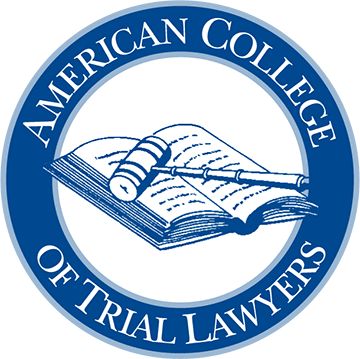Robert G. Rubin – Criminal Defense Notable Cases:
Fraud

Summaries of charges, defenses, and outcomes for clients prosecuted in counties throughout Georgia and the Southeast.
Charges Dismissed After Warrant Issued
State v. John Doe (2012)
Defense Counsel:
Charges: Rico, Theft By Taking, False Statements
Prosecution's Case:
The defendant was the director of operations of a department within Georgia Tech. He, along with two professors, were arrested and charged with stealing over $1.5 million from Georgia Tech by having Georgia Tech pay for microchips that should have been paid for by the professors' private company. The defendant was also accused of ordering his employee to falsify a document.
Defense and Outcome:
Fifteen months of investigation by the defense showed that the defendant was not a party to any ongoing scheme to defraud Georgia Tech. The defense was able to reproduce hundreds of relevant emails between various Georgia Tech employees that were exculpatory for the defendant. The emails, together with documents obtained through the Open Records Act, showed the Attorney General's Office the role the defendant played within the department, and how the by-laws allowed the defendant to act as he did. Further, the defense was able to show the Attorney General's Office how the previous statements of a critical state witness were inconsistent and not worthy of belief. Finally, the defendant passed a polygraph examination. After several meetings and countless conversations with the Attorney General's Office, the arrest warrants were dismissed.
Charges Dismissed After Indictment Issued
State v. Jane Doe (2012)
Defense Counsel:
Charges: RICO, Theft by Taking, False Statements
Prosecution's Case:
The defendant, her husband, and her brother were accused of obtaining funds to which they were not entitled by working for a university in Georgia while working for a university in another state, and by submitting false statements on travel vouchers to the Georgia university.
Defense and Outcome:
The investigation in Georgia and out of state showed that the defendant and her husband continued to work for the Georgia university on a full-time basis despite being out of state often. Further, the defendants notified the Georgia university of the out of state employment, and that the university either intentionally or negligently failed to follow their own guidelines concerning how professors are to resign and how to handle the transition. Further, defense efforts proved that the funds that were paid to the defendants were not, in fact, university funds; they came from a private donor. After extensive negotiations, the indictment against the defendant was dismissed.










